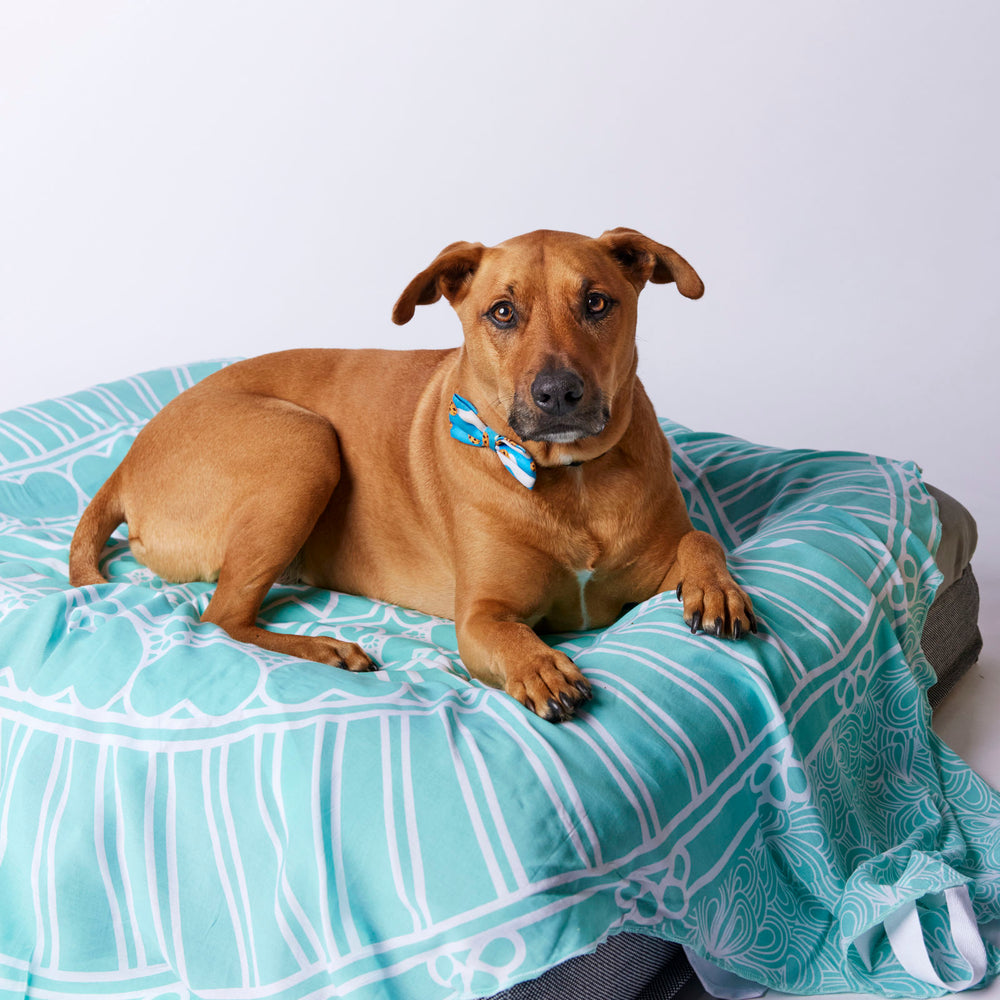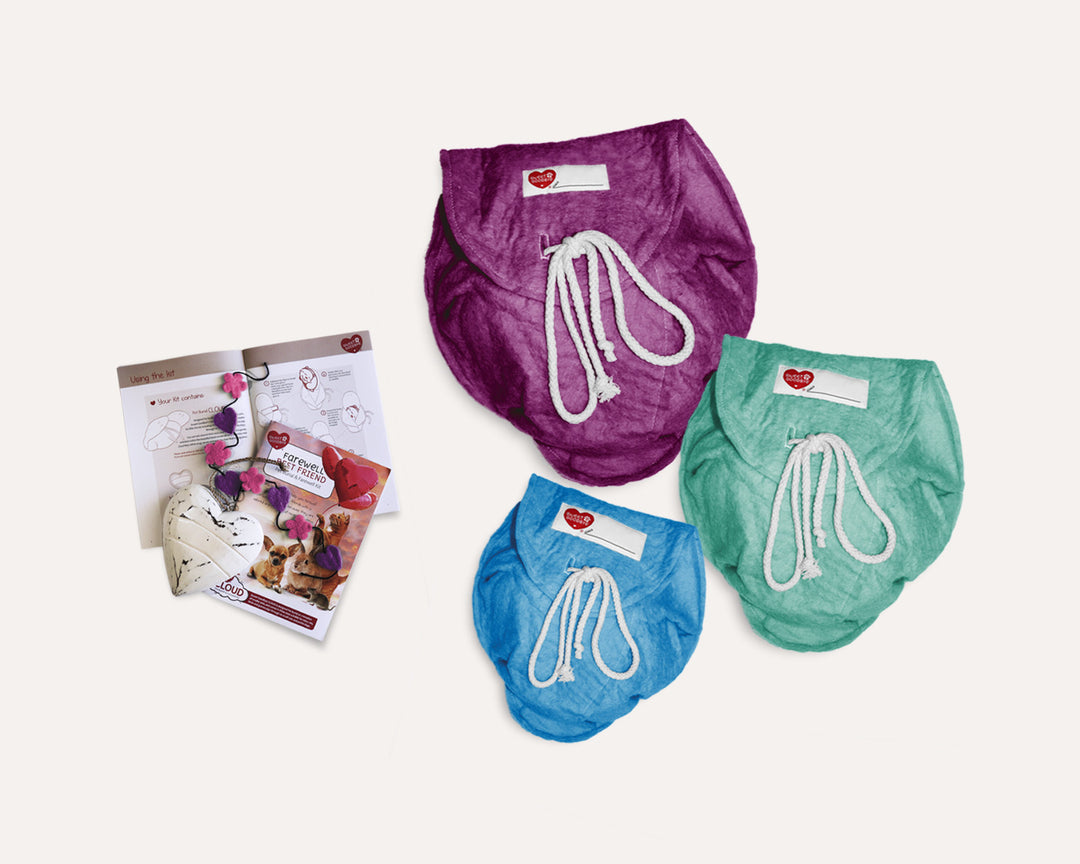How Long Does Pet Grief Last? Understanding Your Healing Process

Losing a pet is one of the most painful experiences for any pet owner. The bond we form with our animals is unique, and their passing can leave a hole in our hearts that seems impossible to fill. Grief is a personal journey, and while there is no definitive timeline, understanding the stages of pet grief and the factors that influence how long it lasts can help guide you through the healing process.
Understanding Pet Grief
Grieving the loss of a pet is just as valid and real as grieving a human loved one. Pets are not just animals – they are family. They offer unconditional love, companionship, and loyalty, and their absence can leave us feeling lost, sad, and overwhelmed. It’s important to acknowledge that grieving is an individual process. While some may find themselves moving through the stages of grief more quickly, others may take longer.
The Stages of Grief
Grief can be complex, and it often doesn’t follow a set pattern. While some may experience all of these stages, others may not feel them in the same order, or at all. The stages of grief can include:
-
Denial: You may feel shocked or numb, struggling to believe your pet is really gone. You might expect to see them in familiar places or hear their familiar sounds.
-
Anger: As the reality sets in, you may feel angry or frustrated. You might direct your anger toward yourself, the situation, or even others who seem unaffected by your loss.
-
Bargaining: This is when you may find yourself wishing you could have done more for your pet or wondering if there was a way to change the outcome. This stage can be particularly challenging, as it is tied to feelings of guilt.
-
Depression: Feelings of sadness, loneliness, and emptiness are common during the grieving process. You may feel as though your world is smaller or less meaningful without your pet.
-
Acceptance: Eventually, you may come to terms with the loss, recognizing that your pet has passed on, but understanding that their memory and love will always stay with you. Acceptance doesn’t mean forgetting – it simply means adjusting to life without them and finding ways to honor their memory.
How Long Does Pet Grief Last?
The duration of grief varies significantly from person to person. There is no set timeframe for healing after losing a pet. For some, the grief may last for a few weeks or months, while for others, it may linger for years. Several factors can influence the duration of grief, including:
-
The bond you shared with your pet: The closer the bond, the longer the grieving process may take. The deeper the connection, the more it may feel like you’ve lost a family member rather than just a pet.
-
Your personality and coping mechanisms: People process grief in different ways. Some may need time alone, while others find comfort in the company of others. How you cope with emotions and seek support will influence your healing journey.
-
The circumstances of your pet's passing: If your pet passed suddenly or unexpectedly, the grief may be more intense, while a long-term illness or old age may give you more time to prepare for the loss.
-
Support system: Having a strong support system of family, friends, or even a pet loss support group can significantly impact the healing process. Talking about your feelings and memories with others can help you process the pain.
Coping with Pet Grief
Here are a few tips to help you cope with the grief and take care of yourself during this challenging time:
-
Allow yourself to grieve: Don’t rush the process. It’s important to give yourself permission to feel whatever emotions arise. Grief is unique to each person, and it’s okay to take time.
-
Create a memorial: Creating a memorial for your pet can help you honor their memory and give you something tangible to hold on to. This could be a photo album, a special ornament, or even planting a tree in their honor.
-
Talk to others who understand: Join a support group or reach out to people who have experienced similar loss. Connecting with others who understand can provide comfort and validation.
-
Consider seeking professional help: If you feel that the grief is overwhelming and interfering with your daily life, consider seeking support from a grief counselor or therapist. They can help guide you through the emotional challenges of loss.
-
Take care of yourself: While it may be difficult, remember to eat, sleep, and take care of your physical health. Grieving can take a toll on your body, so self-care is important.
When Will You Heal?
There is no set date for when you will “feel better.” Healing after losing a pet is an ongoing journey, and it’s important to recognize that it may never fully go away. As time passes, the intensity of the grief will likely lessen, but your pet’s memory will always remain. Many pet owners find that, eventually, they can look back on their time with their pet with more joy than sadness.
It’s okay to grieve for as long as you need to. Your pet was a significant part of your life, and the loss is deeply felt. Over time, you may find peace in knowing that your pet was loved and that they will always have a special place in your heart.
Always remember
The length of pet grief is unique to each person, and there is no right or wrong way to mourn. What matters most is honoring the process and being kind to yourself as you navigate through the pain. Grief will ebb and flow, but eventually, you will find a new sense of peace, while cherishing the memories of the pet you loved so deeply.









